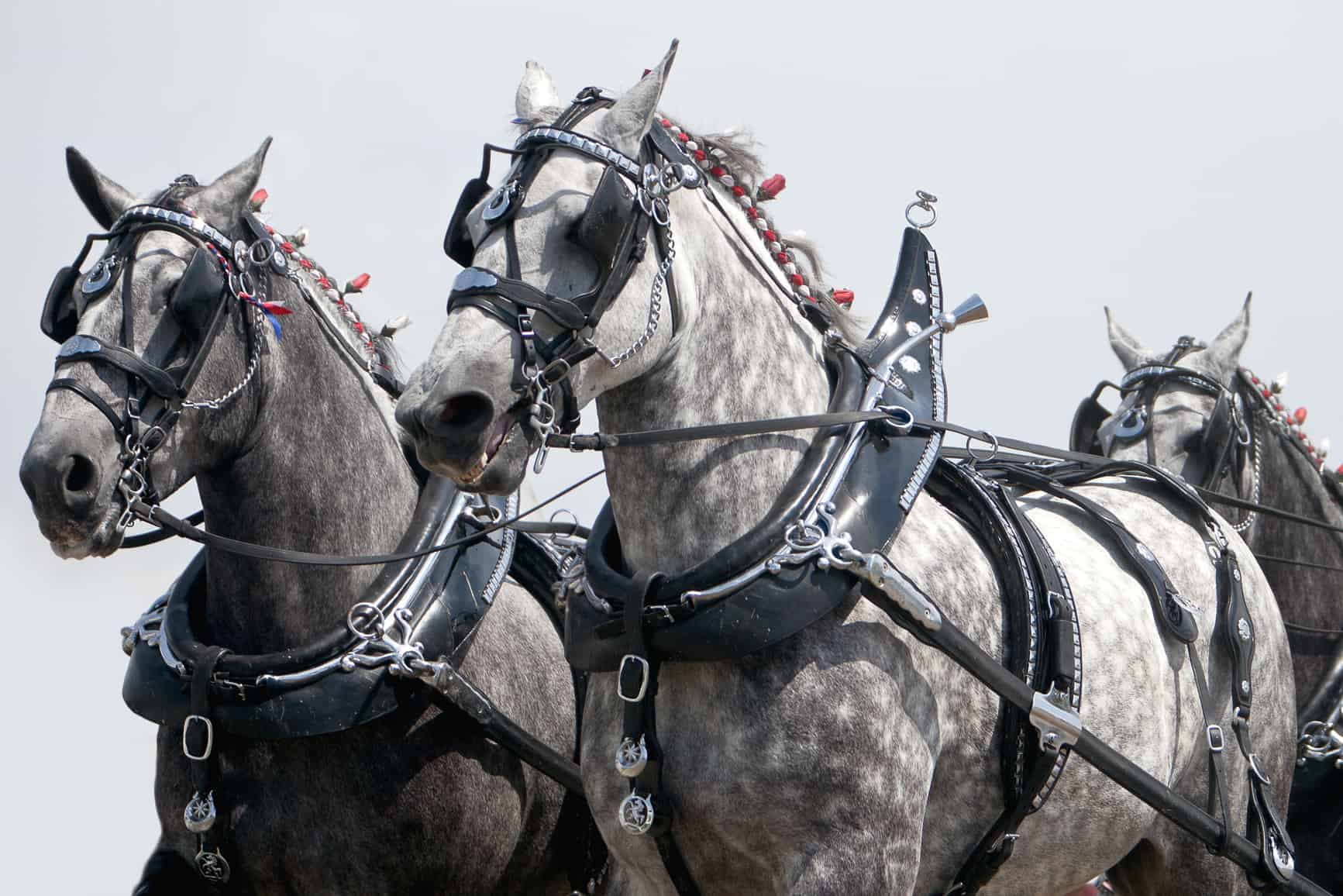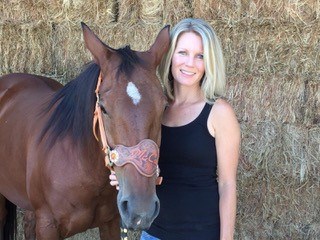Draft Horses Have Complex, Uncommon Respiratory Issues

When you think of horses at risk of performance-limiting respiratory disease, which ones top your list? Racehorses? Three-day eventers? While it’s true these equine athletes do require a properly functioning airway to perform at their best, researchers recently identified another group of horses in which upper respiratory tract (URT) disorders appear very common: competition draft horses. What’s more, they tend to develop URT disorders that other breeds typically don’t.
“We chose to study these horses during exercise because previous studies in other breeds have shown us that upper airway problems are more complex than previously thought when based on resting exams,” said researcher Eileen Hackett, DVM, PhD, Dipl. ACVS, ACVECC, of the Colorado State University College of Veterinary Medicine and Biomedical Science, in Fort Collins. “The same is true for draft horses and likely is true for horses of all breeds and uses.”
Hackett and Britta Leise, DVM, MS, PhD, Dipl. ACVS, of Louisiana State University’s School of Veterinary Medicine, in Baton Rouge, reviewed the medical records of 50 draft horses with histories of poor performance and/or respiratory noise during exercise that had undergone both resting and overground endoscopy (putting an endoscope into the airway to observe its function with the horse standing still and exercising normally, respectively)
Create a free account with TheHorse.com to view this content.
TheHorse.com is home to thousands of free articles about horse health care. In order to access some of our exclusive free content, you must be signed into TheHorse.com.
Start your free account today!
Already have an account?
and continue reading.

Written by:
Casie Bazay, NBCAAM
Related Articles
Stay on top of the most recent Horse Health news with















